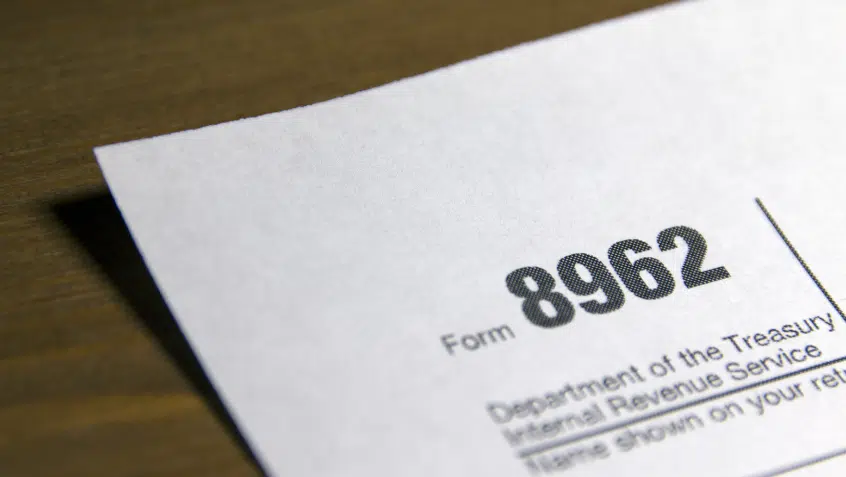Commonwealth Fund Explains Who Benefits from Health Savings Accounts

Many recent pieces of proposed legislation, including the American Health Care Act (H.R.1628), would extend the use of Health Savings Accounts (HSAs), a tax-free account that can be used to pay for specific medical expenses. But are HSAs equally valuable to people across all economic levels? The Commonwealth Fund tackles this question by looking at what HSAs are, how they work, who uses them, and who benefits if their use increases.
Since the introduction of HSAs in 2003, many policy advisors have suggested an expansion of their use as a form of savings and financial planning and as a method to reduce health care spending. But the rules and statistics around the use of HSAs illustrate that these accounts tend to benefit high earners in search of tax breaks more than low-income earners who need health care. Further, recent proposals would extend their use and value for the high-income earners without increasing their value for lower-income workers.
Perhaps more significantly, the Commonwealth Fund article explains that the use of HSAs may decrease health care spending by spurring users to skip care. HSAs are used in conjunction with high-deductible health plans, and that combination may encourage consumers to think so carefully about their spending that they decide to forgo needed care. This is a counterproductive to promoting the availability of high-quality, affordable health care.
The Latest
Most Read
Add Medicare to Your Inbox
Sign up to receive Medicare news, policy developments, and other useful updates from the Medicare Rights.
View this profile on InstagramMedicare Rights Center (@medicarerights) • Instagram photos and videos









